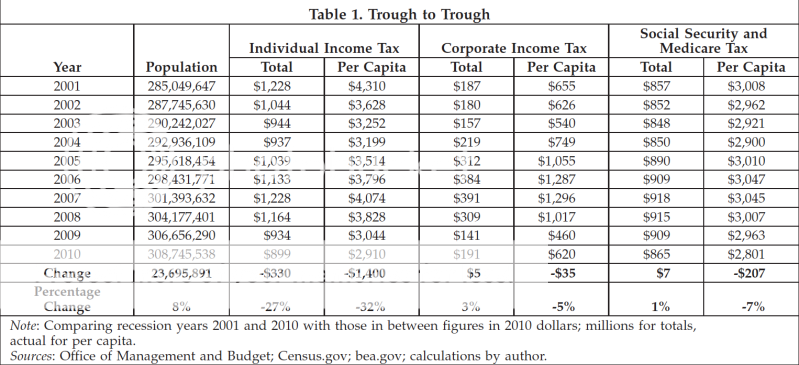You said it had been proven over and over. Where's the over and over proof?
Oh..you want me to fetch a crap load of links you will dismiss right away because they come from the New York Times..or CNN or some other reputable news source?
Screw that.
If you want me to do work..I want reward.
I find the links..and you put in your sig "Sallow is a genius". For a month.
Sound fair?
IOW, you can't provide proof and just made up shit.
Well take up my offer then.
Simple as that.
I find links..you change your sig.




